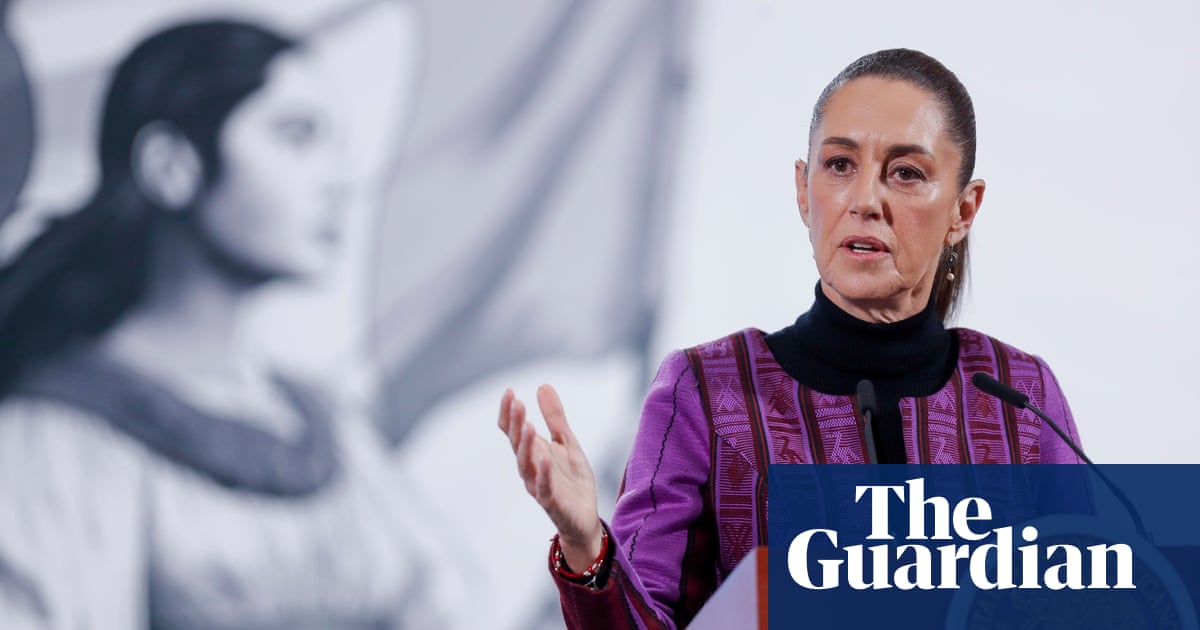This is a welcome development, but far from new (The death of capital letters: why gen Z loves lowercase, 18 February). The case for lower case has been made for over 200 years, at least here in germany, where its most vocal proponents were the brothers grimm of fairytale fame: “Whoever uses capitals at the beginning of nouns is a pedant!” (I paraphrase). At the beginning of the 20th century, aesthetes and modernists like stefan george did it almost religiously. In the 60s and 70s, leftist iconoclasts again used the kleinschreibung (small-letter writing) to signal non‑conformity and progressiveness, and some of my friends are doing it to this day. As these trends have a habit of catching on internationally, I’m hoping for some cool grandpa vibes any day now...
Dr Andreas Lorenczuk
Director of studies, Logos Sprachinstitut, Nuremberg, Germany
So capital letters are seen by some gen Z users as authoritarian, abrupt or rigid, whereas lower case is inclusive and suits their “broader love of simplicity”. Let’s just turn that on its head. Its prescription may chafe in formats such as song lyrics, packaging or text messages, but upper case is a navigation tool; without it, users have to work harder to decode the message. One party’s simplicity may become another’s tangled complexity. Sometimes “the constraints of past generations” are there for a good reason, not solely and purely for tradition.
Janet Fraser
Twickenham, London
I don’t capitalise trump’s name, or the name of anyone in his administration. I don’t capitalise them because I don’t respect them. I’m old, 73, and a proofreader. I am a retired teacher who focused on language. I support people doing what they want with capital letters, much as it sometimes pains me.
Nancy Barth
Fresno, California, US
Not using capitals in the conventional way is not in the least some sort of new trend. Last century, in the 80s and 90s, it was an affectation used by trendy users of Unix (a computer operating system). I deliberately call it an “affectation” as I had a boss who used to write emails to me using capitals, and then send emails to the Unix team that omitted them. Like incorrect spelling, omitting capitals can make text harder to read properly and with precision, and it can make it hard to understand the writer’s intent.
Steve Carter
Sunbury, Victoria, Australia
Surely a lot of it just stems from the fact that it’s a pain inserting capitals when typing on a phone. I often don’t bother, when it’s an informal message to a friend. And I’m a copy editor. Once the majority of people opt for lower case it will become accepted usage.
Clare Butler
Steeple Claydon, Buckinghamshire
I stopped capitalising the names of religions once I realised that I had never done so for ideologies. If I write “humanism” or “liberalism”, why would I write “Christianity”? It became important to eschew privileging one type of ideology over another. It doesn’t matter to me if the ideology is named for a person.
I then chose to eschew capitalising the names of times, such as days and months. It’s not done for decades or centuries; the only reason that “Nineteenth century” (or Century) is written is that it’s often a heading. “October”, say, often appears at the top of a page of a calendar, chart, or table. If I write “noon” or “midnight”, why would I capitalise the names of days or months? I continue to privilege people’s names and place names by capitalising them.
Peter Pullman
Media, Pennsylvania, US

 German (DE)
German (DE)  English (US)
English (US)  Spanish (ES)
Spanish (ES)  French (FR)
French (FR)  Hindi (IN)
Hindi (IN)  Italian (IT)
Italian (IT)  Russian (RU)
Russian (RU)  15 hours ago
15 hours ago
























Comments